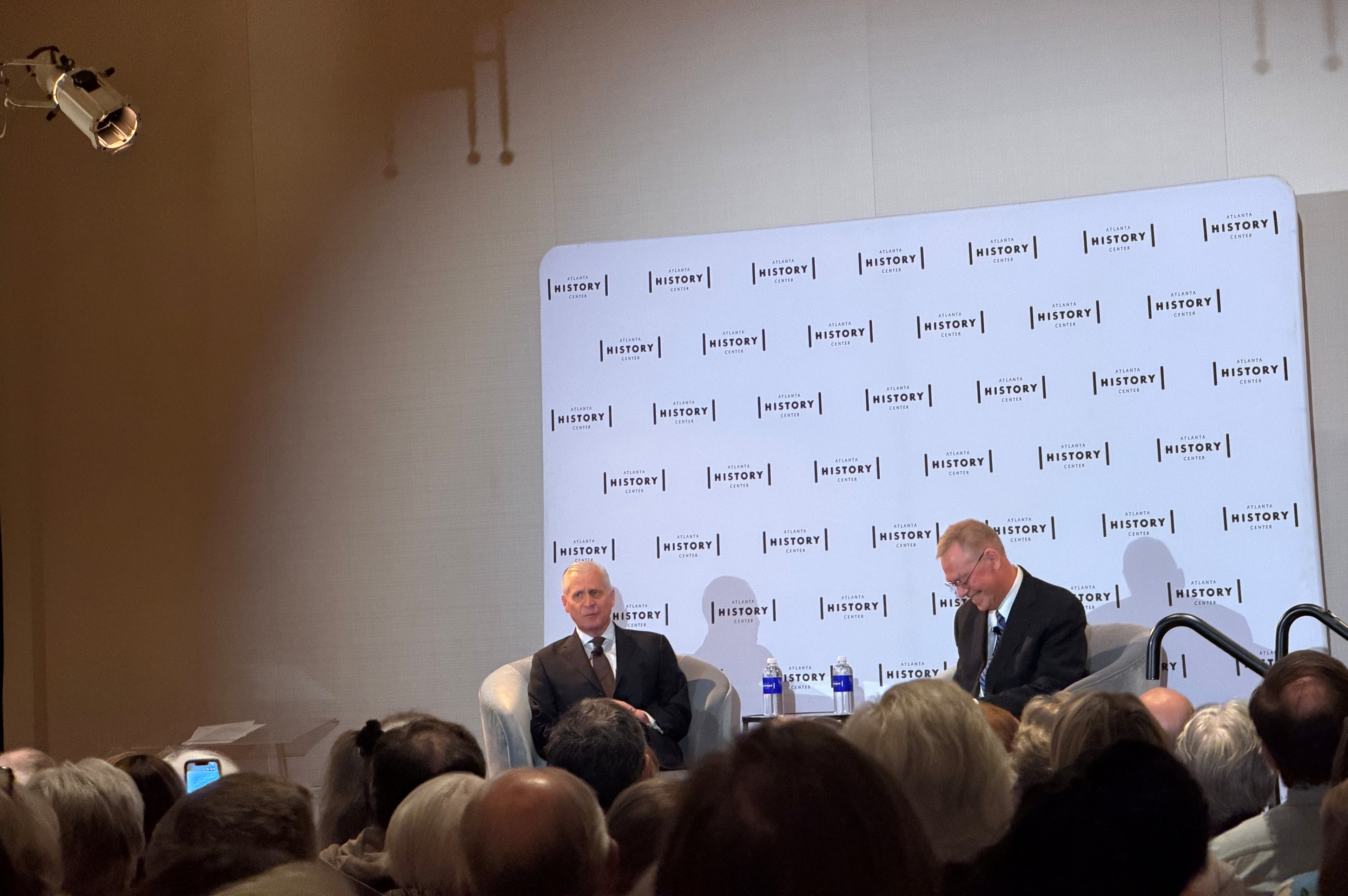Opinion: Supporting opponents’ free speech is true test of tolerance

The First Amendment to our Constitution was proposed by the 1788 Virginia ratification convention during its narrow 89 to 79 vote to ratify the Constitution. Virginia’s resolution held that the free exercise of religion, right to assembly and free speech could not be canceled, abridged or restrained. These Madisonian principles were eventually ratified by the states on March 1, 1792.
Gettysburg College professor Allen C. Guelzo, in his article “Free Speech and Its Present Crisis,” appearing in the autumn 2018 edition of City Journal, explores the trials and tribulations associated with the First Amendment. The early attempts to suppress free speech were signed into law by President John Adams and became known as the Alien and Sedition Acts of 1798. Later attempts to suppress free speech came during the Civil War, when President Abraham Lincoln and his generals attacked newspapers and suspended habeas corpus. It wasn’t until 1919, in the case of Abrams v. United States, when the U.S. Supreme Court finally and unambiguously prohibited any kind of censorship.
Today, there is growing contempt for free speech, most of which is found on the nation’s college and university campuses. Guelzo cites the free speech vision of Princeton University professor Carolyn Rouse, who is chairperson of the department of Anthropology. Rouse shared her vision on speech during last year’s Constitution Day lecture. She called free speech a political illusion, a baseless ruse to enable people to “say whatever they want, in any context, with no social, economic, legal or political repercussions.” As an example, she says that a climate change skeptic has no right to make “claims about climate change, as if all the science discovered over the last X-number of centuries were irrelevant.”
Rouse is by no means unique in her contempt for our First Amendment rights. Faculty leaders of the University of California consider certain statements racist microagressions: “America is a melting pot”; “America is the land of opportunity”; “Everyone can succeed in this society, if they work hard enough”; and “There is only one race, the human race.” The latter statement is seen as denying the individual as a racial/cultural being. Then there’s “I believe the most qualified person should get the job.” That’s “racist” speech because it gives the impression that “people of color are given extra unfair benefits because of their race.” Other seemingly innocuous statements deemed unacceptable are: “When I look at you, I don’t see color,” or “Affirmative action is racist.” Perhaps worst of all is, “Where are you from, or where were you born?”
We should reject any restriction on free speech. We might ask ourselves, “What’s the true test of one’s commitment to free speech?” It does not come when people permit others to say or publish ideas with which they agree. The true test of one’s commitment to free speech comes when others are permitted to say and publish ideas they deem offensive.
The test for one’s commitment to freedom of association is similar. Christian Americans have been hounded for their refusal to cater same-sex weddings. For those who support such attacks, we might ask them whether they would seek prosecution of the owner of a Jewish delicatessen that refused to provide services for a neo-Nazi affair. Should a black catering company be forced to cater a Ku Klux Klan affair? Should the NAACP be forced to open its membership to racist skinheads? Should the Congressional Black Caucus be forced to open its membership to white members of Congress? The true test of a person’s commitment to freedom of association does not come when he permits people to associate in ways he finds acceptable. It comes when he permits people to voluntarily associate in ways he deems offensive.
I am afraid that too many of my fellow Americans are hostile to the principles of liberty. Most people want liberty for themselves. I differ. I want liberty for me and liberty for my fellow man.


